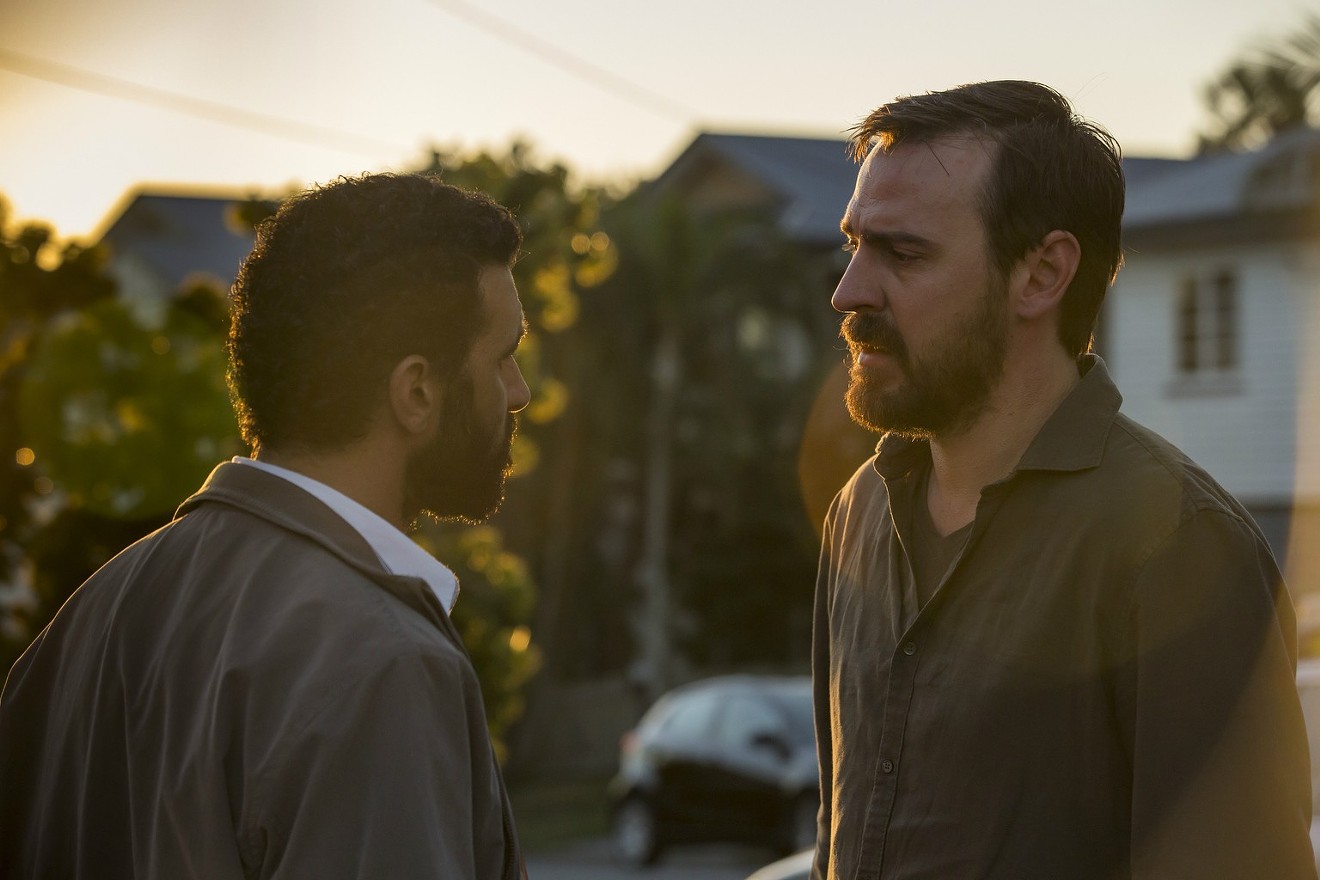So, it’s effectively dramatic TV crafted to emphasize the point that people are people no matter where we’re from. The curious thing — the dismaying thing — is how its creators steep their narrative in the assumptions they’re purporting to tear down. Consider that line about the apparent harshness of Arabic. The character who says this isn’t offering a critique of media depictions of Muslims. Instead, she’s marveling, like it’s news to her that there’s more to Iraqi life
Safe Harbour’s creators upend that expectation, of course. (Those creators include showrunner Belinda Chayko and director Glendyn Ivin.) But to achieve that, to stir dramatic tension while imparting their lessons about our common humanity, they cast us as
In the world of Safe Harbour, Arabic speakers are also amusingly committed to explicating to non-speakers the themes of the conflicts that they share. Late in the four-episode series, cab driver Ismail, another Iranian who has found asylum in Australia, gets handed by Ryan evidence of a life-changing secret that both men misunderstand. Ismail turns away, and Ryan, devastated, pleadingly shouts, “Ismail.”
“Do you know what that means? What my name means?” Ismail asks of this man who has, over several episodes, participated with him in the shared project of destroying each other’s lives. “It means ‘heard by God.’ It means ‘an answer to a prayer.’ What do you think? Is God listening?”
Not long after this, the two men, the series’ co-leads, will be engaged in a brawl in a torrential downpour, a climactic burst of weather engineered to tell us that a) the storm has come at last, b) that the waters are cleansing away some shared sin, and c) that before God and the elements, these men are essentially the same. Apparently inconsequential is the fact that one has lost his homeland, his extended family, his livelihood, all his possessions and his daughter while the other has pretty much only lost his sailboat. Yes, Ryan thinks he has lost more than that, and that Ismail is to blame, but we know that he hasn’t. Meanwhile, Safe Harbour presents Ismail as briefly, madly murder-minded, racing off to do the unthinkable.
For the ending to work as the creators seem to intend, a viewer must identify closely with Ryan but also find Ismail fundamentally unknowable, capable of anything. The series’ hook, that scene of the Australians trying to decide what to do about that boat of refugees, is a memorable what-would-you-do? scenario. The series’ failure is its deeply limited understanding of who you might be.
Safe Harbour premieres August 24 on Hulu.












